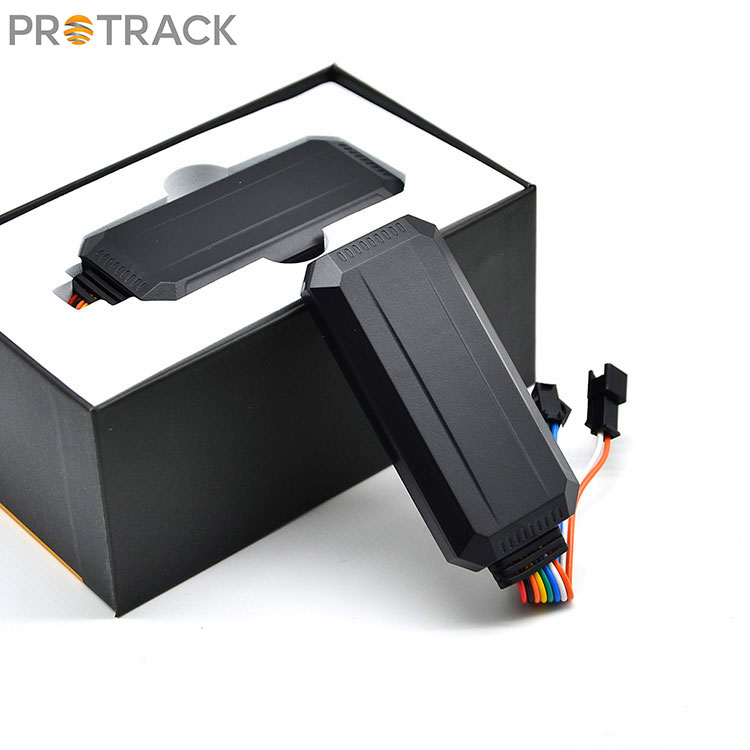How accurate are GPS trackers?
2024-06-17
The accuracy of GPS trackers can vary based on several factors including the quality of the GPS receiver, environmental conditions, and the presence of obstructions. Here's a breakdown of what influences GPS accuracy:

1. Quality of the GPS Receiver:
- High-end GPS receivers, such as those used in surveying and scientific applications, can achieve accuracies of a few centimeters to a few millimeters.
- Consumer-grade GPS receivers, like those in smartphones and vehicle navigation systems, typically provide accuracy within 3 to 10 meters.
2. Environmental Conditions:
- Open areas with a clear view of the sky provide the best conditions for GPS accuracy.
- Urban canyons, forests, and indoor environments can cause signal reflections and obstructions, leading to reduced accuracy or even signal loss.
3. Differential GPS (DGPS) and Augmentation Systems:
- DGPS systems, which use a network of fixed ground-based reference stations to broadcast the difference between the positions indicated by the GPS satellite systems and the known fixed positions, can improve accuracy to less than a meter.
- Satellite-based augmentation systems (SBAS) such as WAAS (Wide Area Augmentation System) in the United States can enhance GPS accuracy to within 1 to 2 meters.
4. Number of Satellites and Their Configuration:
- The more satellites a GPS receiver can "see," the better the accuracy. A minimum of four satellites is required to determine a three-dimensional position (latitude, longitude, and altitude).
- The geometric configuration of the satellites also plays a role; widely spaced satellites provide better accuracy than those that are close together in the sky.
5. Atmospheric Conditions:
- Atmospheric conditions, particularly the ionosphere and troposphere, can affect GPS signals. Correction models and augmentation systems help mitigate these effects but cannot eliminate them entirely.
Specific Use Cases
- Surveying and Mapping: Using high-end GPS equipment and techniques like Real-Time Kinematic (RTK) positioning can achieve sub-centimeter accuracy.
- Automotive Navigation: Consumer GPS in cars generally provides 3-10 meter accuracy, sufficient for turn-by-turn navigation.
- Smartphones: Modern smartphones use a combination of GPS, Wi-Fi, Bluetooth, and cell tower data to provide location accuracy typically within 5-10 meters.
Conclusion
While GPS technology is highly reliable and accurate for most applications, its precision can be influenced by several factors. High-quality receivers and favorable conditions can enhance accuracy significantly, making GPS a robust tool for a wide range of applications.


